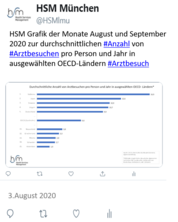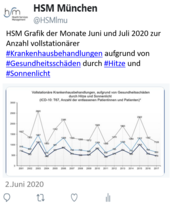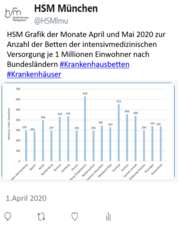Efficiency measurement for management
| Autoren/Herausgeber: |
Morton, A. Schang, L. |
|---|---|
| Erschienen: | 2016 |
| Publikationsart: | Articles in Non-Refereed Journals and Books |
| erschienen in: | Health system efficiency: How to make measurement matter for policy and management (pp. 203-224). Copenhagen: World Health Organization, on behalf of the European Observatory on Health Systems and Policies (Hrsg.: J. Cylus, I. Papanicolas & P. Smith) |
Abstract
Efficiency is one of the central preoccupations of health policy-makers and managers, and justifiably so. Inefficient care can lead to unnecessarily poor outcomes for patients, either in terms of their health, or in their experience of the health system. What is more, inefficiency anywhere in the system is likely to deny health improvement to patients who might have been treated if resources had been used better. Improving efficiency is therefore a compelling policy goal, especially in systems facing serious resource constraints.
The desire for greater efficiency motivates a great deal of decision-making, but the routine use of efficiency metrics to guide decisions is severely lacking. Furthermore, while clear, consistent policy direction is necessary for the delivery of efficiency improvements, it is not sufficient. To lead to action on the ground, policy interventions have to influence the behaviour of the staff who see and treat patients, and deliver public health and social care programmes. In this chapter, we discuss the challenges facing management as it seeks to use the analytical tools discussed elsewhere in this volume to secure efficiency improvements.





